Research News
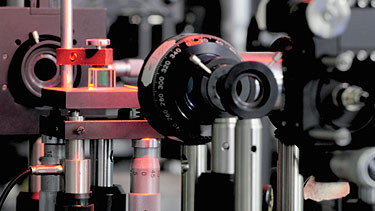
Olomouc scientists first to verify how quantum money could work
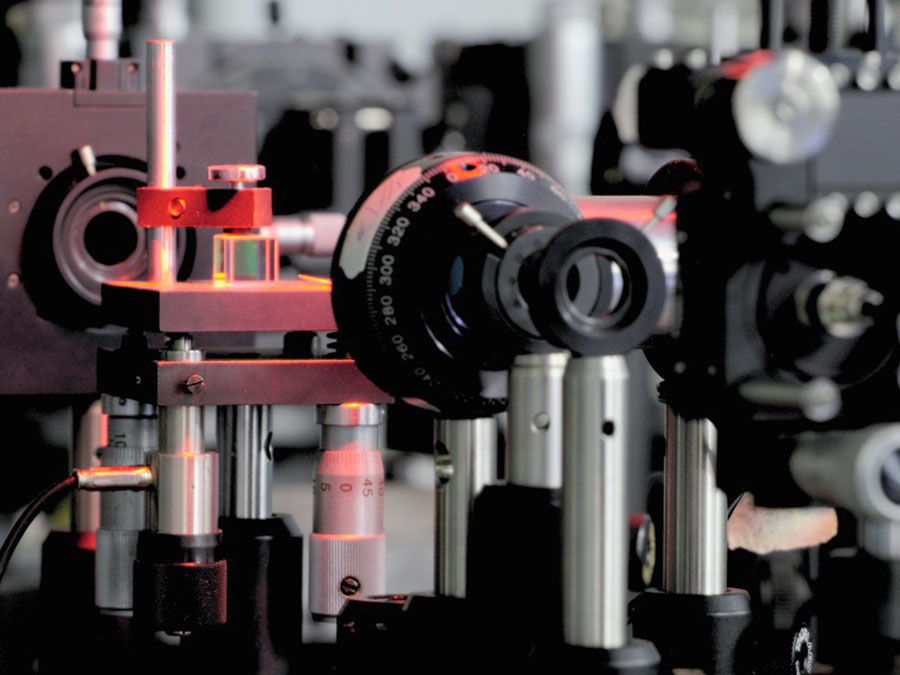
Scientists from the Joint Laboratory of Optics and the Regional Centre of Advanced Technologies at Palacký University Olomouc have turned into money minters and forgers – only temporarily, though. They did not work, however, with paper money but with virtual quantum banknotes that could be represented as sequences of photons – that is, sorts of packets of light energy. Their endeavours have resulted in a unique study, and they have become the first scientists in the world who were able to verify the existence of quantum banknotes and test the possibilities of their copy-protection.
Biophysicists describe the mechanism of the generation of dangerous free radicals in photosynthesis
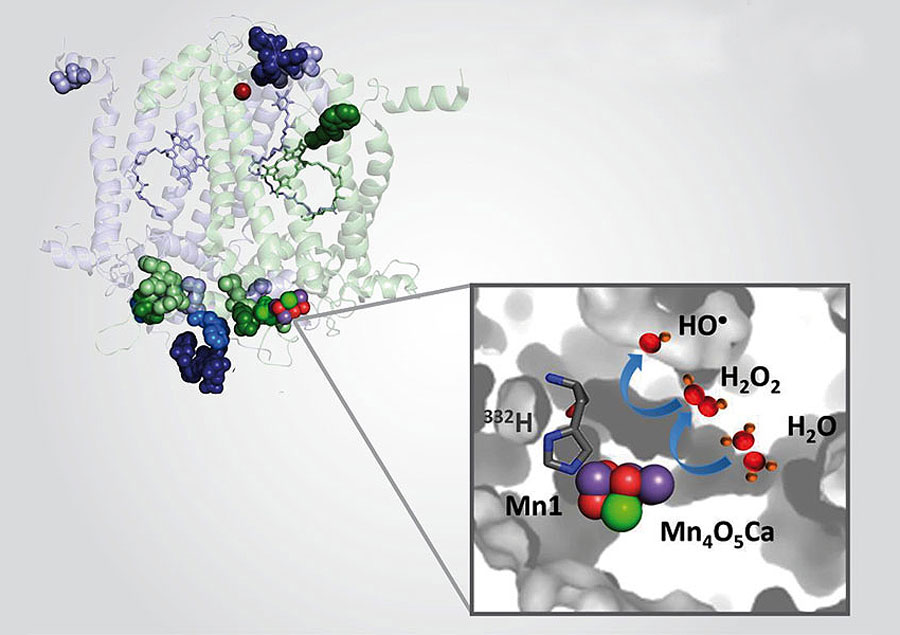
Life on Earth is dependent on molecular oxygen, which is created by the oxidation of water during plant photosynthesis. However, during incomplete oxidation of water, instead of molecular oxygen, hydrogen peroxide is generated, which can create dangerous free radicals. Biophysicists from the Centre of the Region Haná for Biotechnology and Agricultural Research have described this mechanism in co-operation with their American colleagues. The study was published in the prestigious journal PNAS (Proceedings of the National Academy of Sciences of the United States of America).
Image: Oxidation of amino acids by hydroxyl radical generation in Photosystem II, which in turn is generated by the reduction of hydrogen peroxide created by the incomplete oxidation of water.
Olomouc research into pancreatic cancer brings hopeful results, even in international comparison
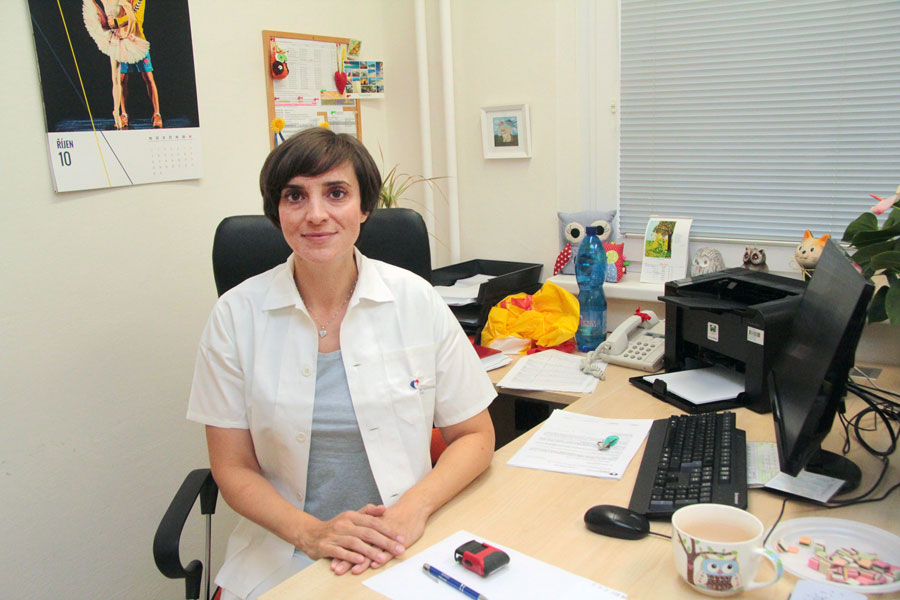
A dream of many generations of researchers has been fulfilled by a discovery made by scientists at the Regional Centre of Advanced Technologies and Materials (RCPTM) at Palacký University Olomouc. By using graphene, an ultra-thin form of carbon, these scientists prepared the first non-metallic magnet that retains its magnetic properties up to room temperature. In doing so, they disproved the old belief that all materials with room temperature magnetism are based on metals or their compounds. Chemically modified magnetic graphene has a vast range of potential applications, particularly in the fields of biomedicine and electronics. The work of the Czech scientists has recently been published in the prestigious Nature Communications journal.
Archaeology at UP: Unique surveys seek treasures of Islamic culture heritage
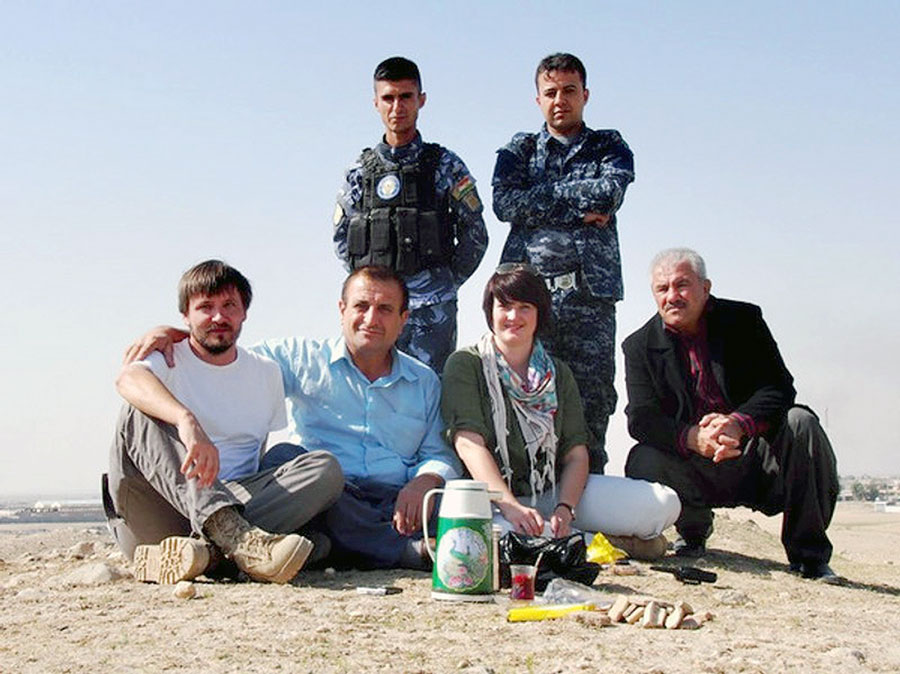
Unique sites from the Islamic era standing in the shadow of famous antique monuments in Iraqi Kurdistan have been explored in surveys by Karel Nováček, a Palacký University archaeologist. His survey, unparalleled on the European scale, brings forward specific data on Mosul architecture, vanishing from our sights in the aftermath of the war.
Image: A tea break during the survey of the ancient city of Old Makhmur: Czech archaeologists Karel Nováček (on the left) and Lenka Starková with Kurdish site guards and soldiers.